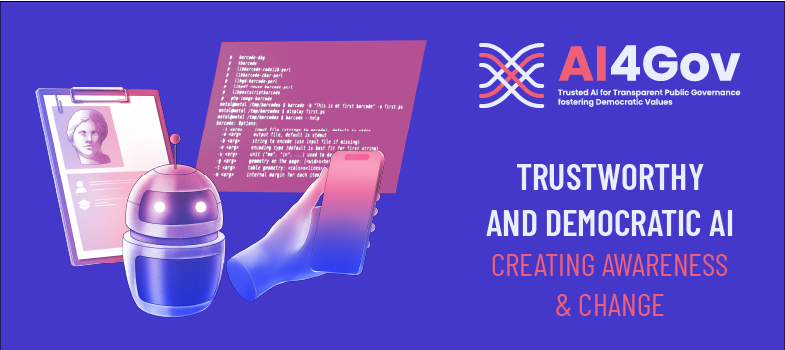Module 2: Real-Life Examples of Bias
In Module 2, we cover the following Lessons:
Lesson 2.2: Bias in Criminal Law - The Case of COMPAS
Lesson 2.3: Bias in the Healthcare System - The Case of Predictive Algorithms
Lesson 2.4: Bias in Hiring Algorithms - The Case of Amazon and Beyond
Lesson 2.5: Bias in Government Fraud Detection Systems - Cases in the UK and Netherlands
To understand how these biases emerge and their impact, let’s look at some real-world examples of bias at different stages of AI development:
- Data Collection: Bias in data collection often stems from unrepresentative sampling. For instance, facial recognition systems trained on datasets with limited demographic diversity have shown higher error rates for individuals from underrepresented groups, leading to issues of fairness and accuracy.
- Data Preprocessing: During data preprocessing, decisions about what data to clean or exclude can introduce bias. For example, removing data deemed as “outliers” may inadvertently exclude certain demographics, skewing model predictions and leading to less inclusive outcomes.
- Feature Selection/Engineering: Feature selection involves choosing which variables are most relevant to the model. In some hiring algorithms, factors like the applicant’s university or zip code have been included as features, indirectly reflecting socioeconomic status, which can unfairly disadvantage certain applicants.
- Model Training: Bias can be amplified during model training when the algorithm overemphasizes patterns present in biased data. An example is language models that pick up and replicate gender biases in text data, leading to associations like “doctor” with “he” and “nurse” with “she,” perpetuating stereotypes.
- Evaluation: Evaluation metrics can also introduce bias. If a model’s performance is measured without accounting for demographic fairness, it may perform well for one group but poorly for others, as seen in predictive policing models that disproportionately flag individuals from specific neighborhoods.
- Deployment: Bias at deployment can arise if a model is used in a context it wasn’t designed for. For instance, credit scoring models built on biased lending data may unfairly assign lower scores to certain groups, leading to restricted access to loans.
These examples highlight how bias can infiltrate various stages of AI development, reinforcing the importance of vigilance and ethical considerations throughout the process. By understanding these potential pitfalls, we can better anticipate, identify, and address biases, creating more equitable AI systems.
Watch the panel discussion titled "Societal impact of AI" from the AI Olympiad 2024, focused on Ethics, Fairness and Trust. The lecturer talks about how AI is used and if not careful, how things can go wrong, presenting real-life examples.
If you would like to watch more, here is another video lecture titled “On Bias, Interpretability and Robustness”.
